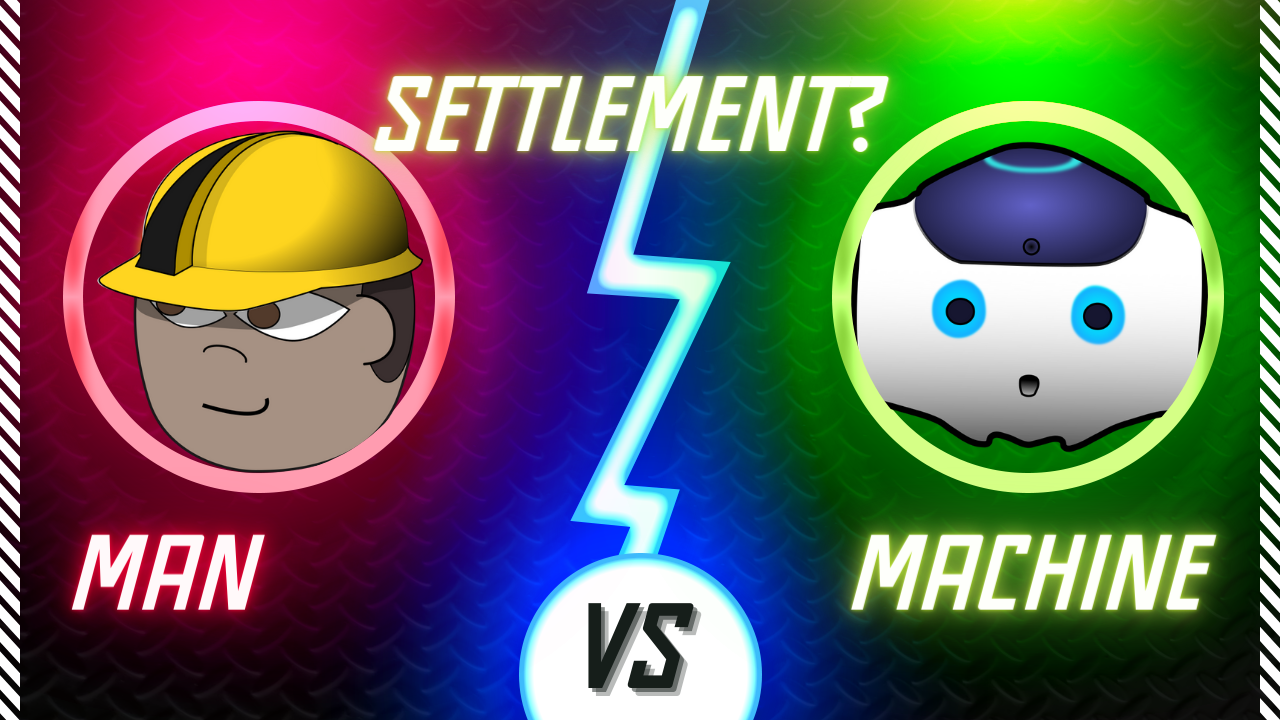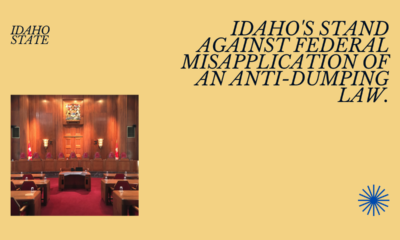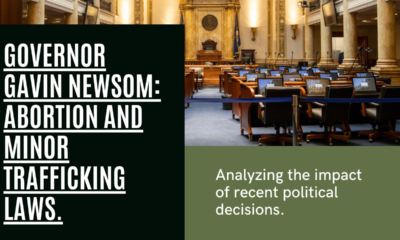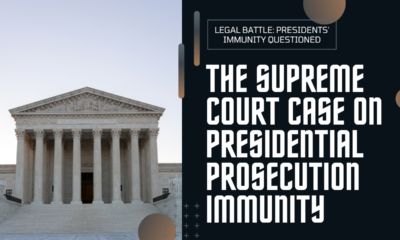Entertainment Today
Writers about to end their strike?
Are Hollywood’s motion picture and television writers about to end their strike? Why won’t their Guild reveal their tentative agreement?

The Writers Guild of America might be ready to end its strike against Hollywood studios. Late last night (September 24) they announced a tentative agreement with the Alliance of Motion Picture and Television Producers. But until the agreement translates into a finished contract, the Guild refuses to disclose any details.
The Writers, studios, streaming services, and AI
The union that represents screenwriters for movies and TV had gone on strike on May 2. Shortly thereafter, the union representing the actors joined them. Talks began, but broke off completely in “mutual recrimination” on August 11, according to The Hollywood Reporter. But on September 14, talks resumed, and the current tentative agreement is the result.
Tentative agreements are always the first step in ending a strike. Such agreements must then go to negotiating committees, then to the full membership for votes. Tentative agreements do not always win ratification, so an end-the-strike vote is no formality by any means.
The Hollywood Reporter obtained, and released on X, a copy of the letter to members from the Guild:
The Guild explicitly calls this an agreement in principle, since they do not have even a draft contract yet. Oddly, the Negotiating Committee will not even share details with the writers, let alone the public. Instead the letter speaks in generalities and what appear to be platitudes.
We can say, with great pride, that this deal is exceptional – with meaningful gains and protections for writers in every sector of the membership.
The Guild has suspended picketing as of last night, though they invite members to join the SAG-AFTRA picket lines. SAG-AFTRA remains on strike and does not have a tentative agreement. Clearly the actors have issues of their own.
What happens next
According to the letter, the next steps the writers and the producers are to take are, in this order:
- Prepare a Memorandum of Agreement, with that “final contract language” of which the Guild speaks.
- Negotiating Committee votes on whether to recommend the Memorandum to membership. If the vote is yes:
- The Board of Writers Guild of America West, and the Council of Writers Guild of America East, vote on whether to end the strike pending ratification.
- Release the Memorandum of Agreement and an executive summary to members, and convene meetings for detailed discussion. The strike would stop then, but not until then.
- Final ratification vote.
The Negotiating Committee hopes to vote today or tomorrow, and submit the Memorandum to Board and Council tomorrow.
The actors congratulated the writers, but made clear they want the producers – and streaming services – to address their concerns also.
Issues for writers and actors
Those issues revolve around two concerns: pay and replacement. Streaming services especially have hurt writers and actors both – and many titles remain blocked to streaming. Users of Sling TV, the original bundling streaming app that covers multiple “cable TV” channels, see blockages on about one title in a thousand to a hundred.
Writers also wanted to “preserve the writers’ room” for the making of episodic television. Apparently a modern television show had two such “rooms.” The Guild demanded minimum staff and pay for a pre-greenlight room and a post-greenlight room. But the AMPTP said, back in May, “Nothing doing.”
Rumors have swirled around Hollywood that the producers might want to hire one writer, as creator of the central idea. They then want to relegate some of the continuity, choreography, plot-hole detection/filling, and other writing chores to artificial intelligence.
An actor replaced by a computer!
Actors worry about this, too. Perhaps every novelist looking ahead to movie/TV rights, writes with a “dream case” in mind. The problem is that most members of this “dream cast” are dead. Producers might know this – and might like to scan an actor, pay them for a day, and use the scan to produce Computer Generated Images of the actor for use in the project. They have done this before, in at least two projects:
- The last season of The Sopranos, in scenes involving Tony Soprano’s mother, and
- The motion picture Star Wars IX: The Rise of Skywalker, in scenes involving former Princess, now General, Leia Organa. Carrie Fisher died in mid-production – so Lucasfilm used CGI instead of recasting the character.
Exactly how the Writers Guild addressed the writer-replacement issue is far from clear. The platitudes (“We can say, with great pride,…”) do not convince. (And why can’t the Guild give even a hint of what’s in the agreement?)
We have to pass the [Obamacare] bill so you can find out what it in it, away from the fog of politics. Rep. Nancy Pelosi (D-Calif.), Speaker of the House of Representatives
SAG-AFTRA has an even larger concern, considering the technologies now available.
Terry A. Hurlbut has been a student of politics, philosophy, and science for more than 35 years. He is a graduate of Yale College and has served as a physician-level laboratory administrator in a 250-bed community hospital. He also is a serious student of the Bible, is conversant in its two primary original languages, and has followed the creation-science movement closely since 1993.
-

 Education3 days ago
Education3 days ago‘Grading for Equity’: Promoting Students by Banning Grades of Zero and Leaving No Class Cut-Ups Behind
-

 Family3 days ago
Family3 days agoIdaho defends against abortion mandate
-

 Civilization4 days ago
Civilization4 days agoNewsom plays silly abortion politics
-

 Constitution2 days ago
Constitution2 days agoPresidential immunity question goes to SCOTUS
-

 Education20 hours ago
Education20 hours agoCHAPTER 11: Critical Race Theory: A Species of the Ideological Thought Genus Marxism
Space Is No Longer the Final Frontier—Reality Is [forthcoming release May 2024] -

 Civilization5 days ago
Civilization5 days agoWaste of the Day: China Still Owes Over $1 Trillion to American Bondholders
-

 Civilization5 days ago
Civilization5 days agoCurrent Conflicts Demonstrate Need for More and Better Tanks In Eastern Europe
-

 Civilization3 days ago
Civilization3 days agoMarine Corps Force Design: In Defense of Chowder II














